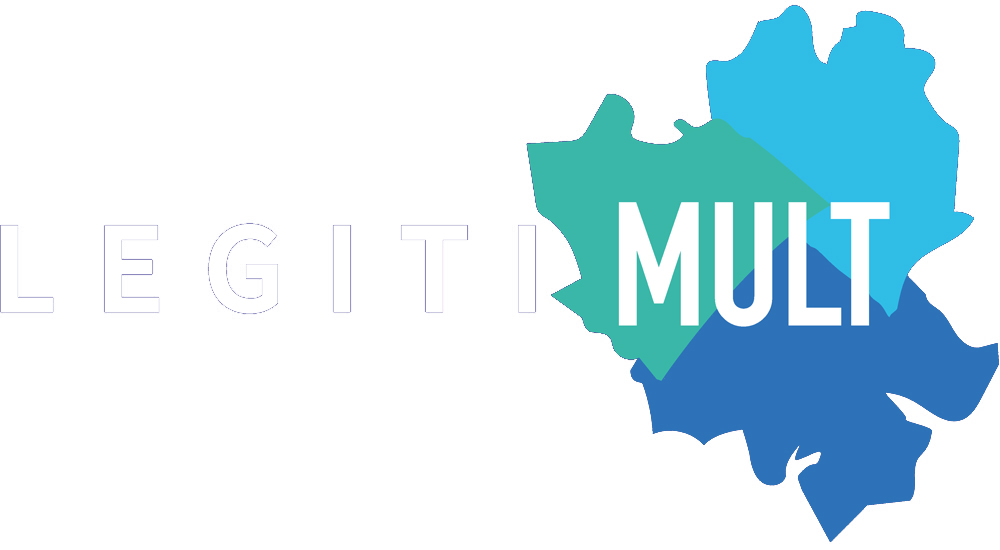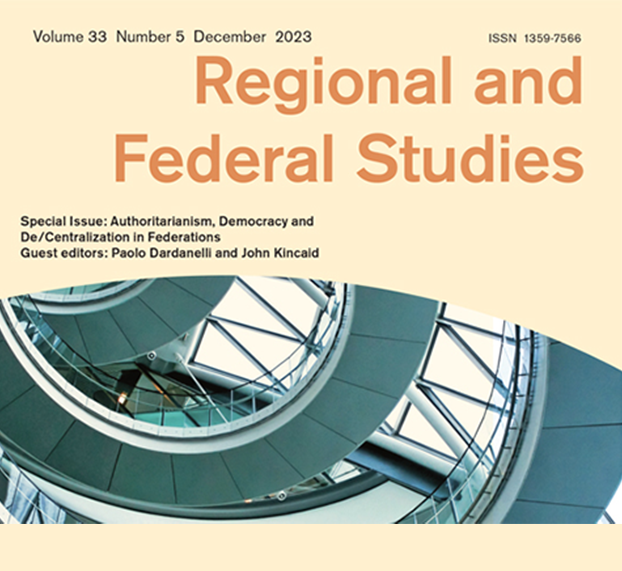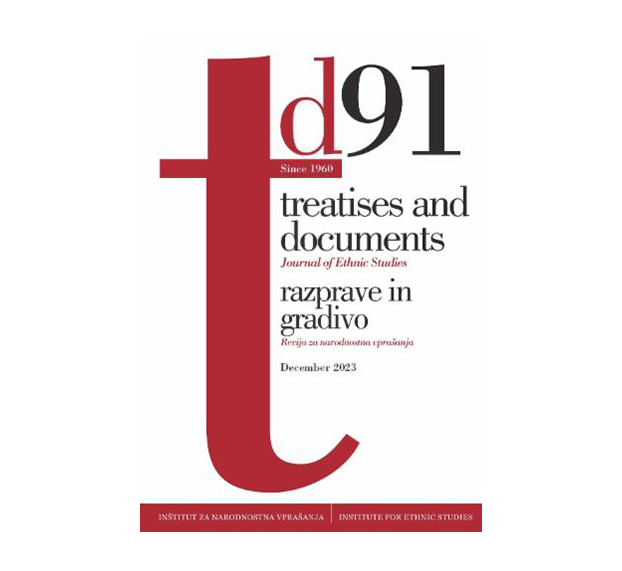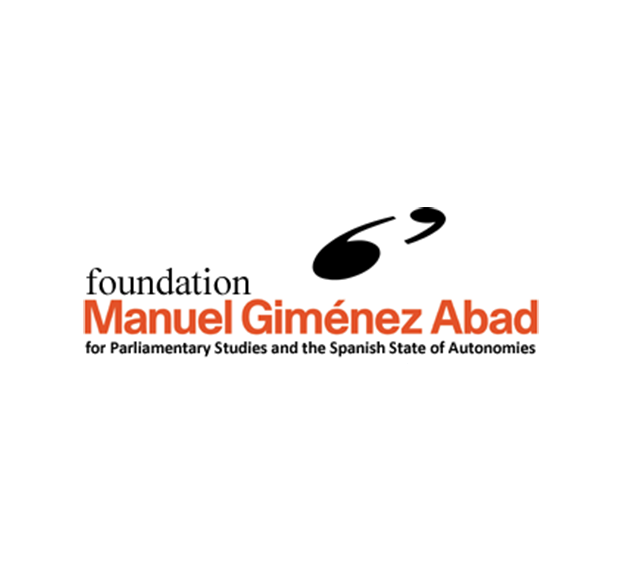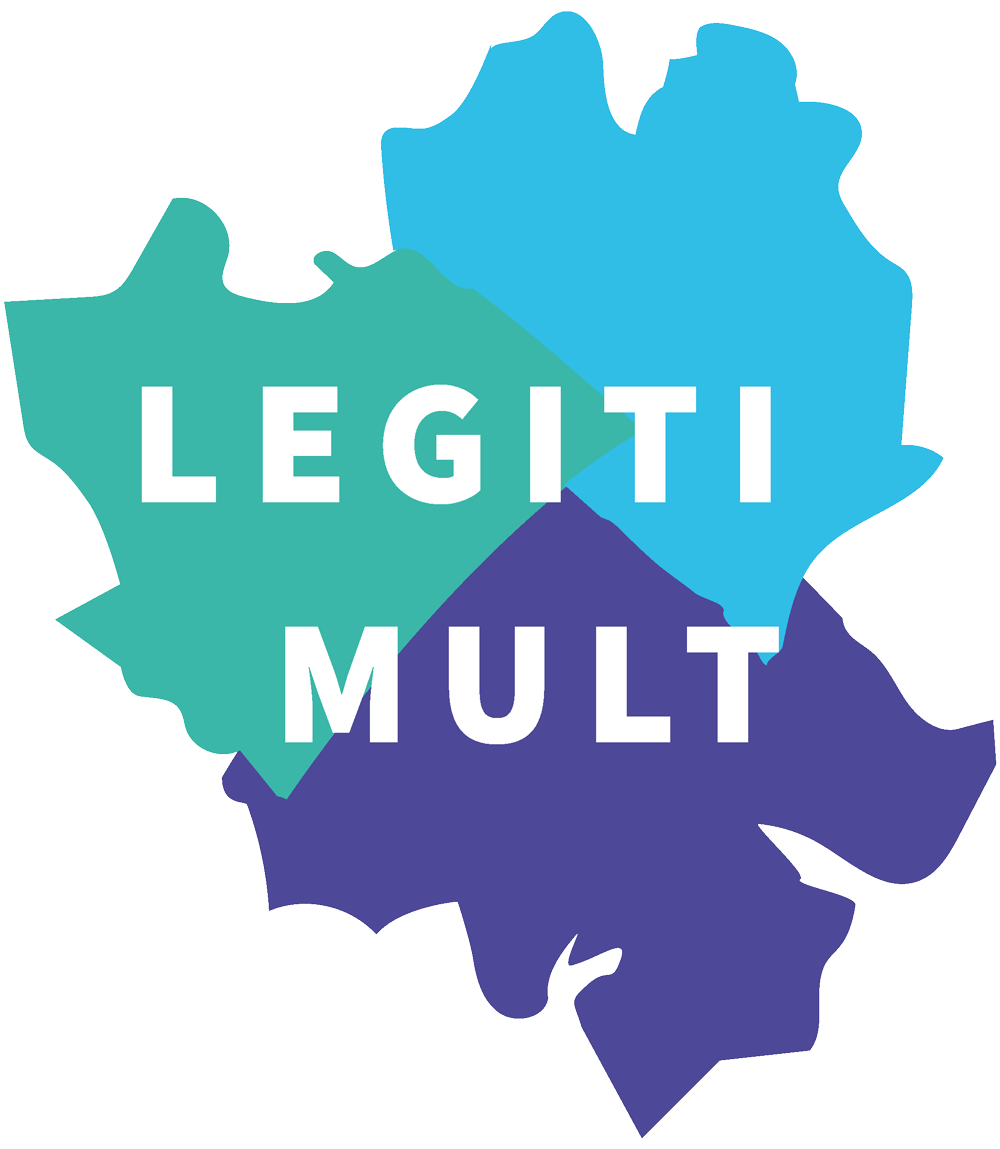Summary
Click any link below to access the item
As the Covid-19 pandemic demanded coordinated action from governments at all levels, the role of federalism, decentralization, supranational authorities and other multilevel governance (MLG) institutions and processes in responses to it has come under much scholarly scrutiny. Three years on, much of this literature remains fragmented and in need of synthesis. In this systematic literature review we summarize the literature on the effects of MLG on governments’ policy responses to Covid-19.
The COVID-19 pandemic has dominated media and scholarly literature since 2020. The impact(s) of crisis management on democracy, legitimacy, human rights, minorities, marginalized groups, and persons belonging to them are mentioned but seldom the main focus. From the perspective of human rights, protection of minorities, and the principle of non-discrimination in multilevel systems in Europe, the paper discusses certain conceptual, terminological, and methodological problems in studying such complex dynamic phenomena and argues that qualitative approaches might be the most suitable for studying the perceptions of persons belonging to diverse minorities on democracy and the legitimacy of crisis management and governance.
In multilevel systems, (at least) two orders of government are responsible for crisis management. It is essential to understand how these systems deal with a major crisis such as COVID-19. Based on a review of the literature on crisis management in federal and other multilevel systems, this contribution discusses the advantages and disadvantages of decentralisation and intergovernmental coordination when it comes to the management of external shocks (article in Spanish).
“Citizens’ Juries (CJs)” introduce a fresh and innovative approach to decision-making. This concept, falling under the broader umbrella of Democratic Innovations, brings together a diverse group of ordinary citizens to deliberate on complex issues, providing a unique opportunity for their voices to not only be heard but also considered in the policymaking process.
If you have any feedback or questions about our publications, please contact the Institute of Federalism
